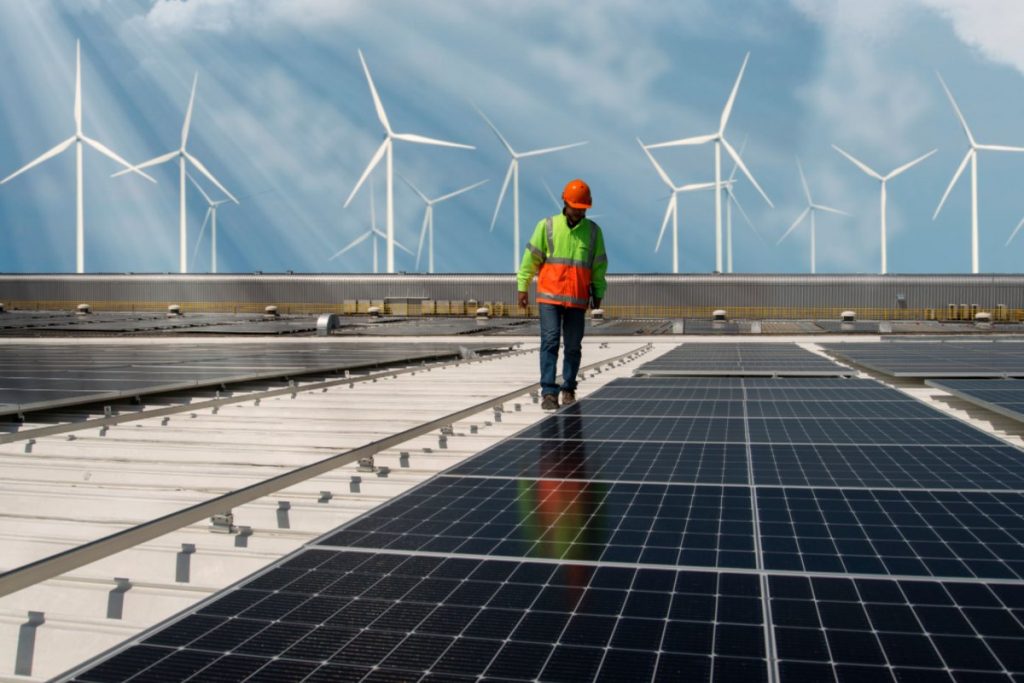In today’s rapidly changing global landscape, energy policy trends are at the forefront of discussions and actions worldwide. This article provides an in-depth exploration of the latest trends in energy policy, shedding light on how innovations are driving change and addressing key challenges. Energy policy has never been more critical, given the urgency of transitioning to sustainable energy sources and mitigating the impacts of climate change.
Table of Contents
The Evolution of Energy Policy
Over the years, energy policies have undergone remarkable transformations. Historically, the energy sector was dominated by fossil fuels, serving as the primary source of power generation and transportation. However, as the detrimental environmental effects of fossil fuels became increasingly evident, nations began reevaluating their energy policies.
The 20th century marked a turning point with the rise of environmental awareness. This era saw the birth of the environmental movement and the realization that our reliance on fossil fuels was unsustainable. Governments worldwide started implementing policies to reduce pollution and promote energy efficiency. However, it was in the 21st century that energy policy trends truly took a decisive turn.
Current Trends in Energy Policy

Today, energy policies are laser-focused on reducing carbon emissions, promoting renewable energy sources, and enhancing energy efficiency. Governments and organizations across the globe are setting ambitious targets to transition to a low-carbon economy. The Paris Agreement, adopted in 2015, stands as a testament to global commitment, aiming to limit global warming to well below 2 degrees Celsius above pre-industrial levels.
Renewable Energy Revolution
One of the most prominent trends is the renewable energy revolution. Solar, wind, and hydropower have gained prominence as renewable energy sources, thanks to breakthroughs in technology and substantial reductions in production costs. Solar panels have become more efficient and affordable, while wind turbines harness the power of strong winds more effectively.
Energy Efficiency Measures
Energy efficiency is another key focus area in current energy policy trends. Buildings, transportation, and industrial processes are being optimized to use energy more effectively. This not only reduces greenhouse gas emissions but also lowers energy bills for consumers and businesses.
Innovations Shaping the Future

Clean Energy Technologies
Clean energy technologies have emerged as game-changers in the energy sector. Solar panels, once prohibitively expensive, have become cost-competitive and widely accessible. Advancements in energy storage solutions, such as lithium-ion batteries, have facilitated the integration of intermittent renewable energy sources into the grid.
Grid Modernization
Grid modernization is essential for accommodating the growth of renewable energy sources. Smart grid technologies and advanced monitoring systems enable real-time control of energy flow, ensuring a stable and efficient energy supply. Grid resilience against natural disasters and cyberattacks is also a growing concern.
Addressing Challenges
Environmental Considerations
While energy policies are advancing, environmental concerns persist. Challenges related to pollution, habitat disruption, and resource depletion remain. Policymakers face the task of balancing energy demands with environmental protection. This involves stringent regulations on emissions and the promotion of eco-friendly practices.
Ensuring Energy Security
Energy security remains a global priority. Diversifying energy sources and fortifying energy infrastructure are vital for maintaining stable energy supplies in the face of geopolitical uncertainties. Investments in research and development of energy technologies play a crucial role in enhancing energy security.
Global Initiatives and Case Studies

The European Union’s Green Transformation
The European Union’s energy policies, exemplified by the European Green Deal, aim to achieve carbon neutrality by 2050. This ambitious target includes transitioning to renewable energy sources, improving energy efficiency, and fostering sustainable practices. The EU’s commitment to these goals has positioned it as a leader in global energy policy trends.
China’s Influence on Global Energy Trends
China, as the world’s largest energy consumer and emitter of greenhouse gases, plays a pivotal role in shaping global energy policies. Its commitment to expanding renewable energy capacity, reducing coal dependency, and enhancing electric vehicle adoption significantly influences global trends. China’s investments in green technologies have the potential to accelerate the global transition to sustainable energy.
Looking Ahead
The future of energy policy trends appears promising. With ongoing advancements in clean energy technologies, enhanced global cooperation, and heightened awareness of environmental issues, the world is progressing toward a sustainable energy future. However, several challenges must be addressed:
- Energy Storage: Developing efficient and cost-effective energy storage solutions is crucial for storing excess renewable energy and ensuring a stable power supply.
- Infrastructure Upgrades: Aging energy infrastructure needs upgrades to accommodate the changing energy landscape and ensure resilience.
- Policy Consistency: Maintaining consistent and stable energy policies is essential for attracting investments and driving long-term sustainability.
Conclusion
In conclusion, “Energy Policy Trends: A Comprehensive Overview” underscores the critical importance of staying informed and actively participating in the evolving energy policy landscape. As individuals, communities, and nations, we all play a vital role in shaping a sustainable energy future. By focusing on energy policy trends, we can contribute to a cleaner, more secure, and environmentally responsible world.


